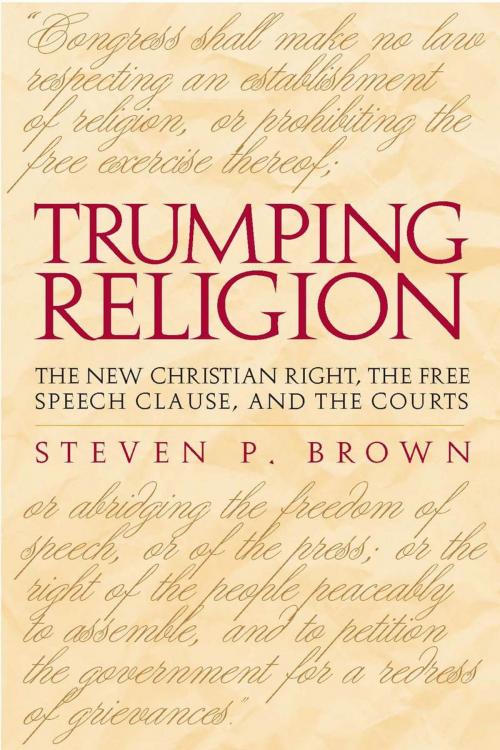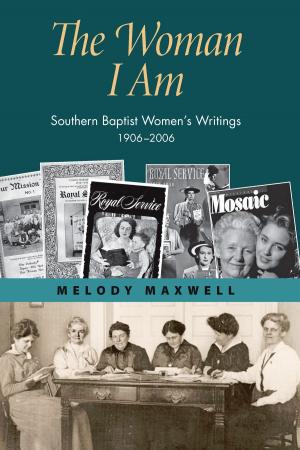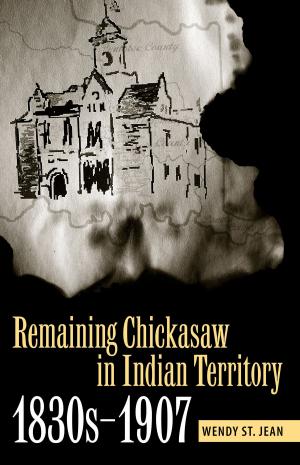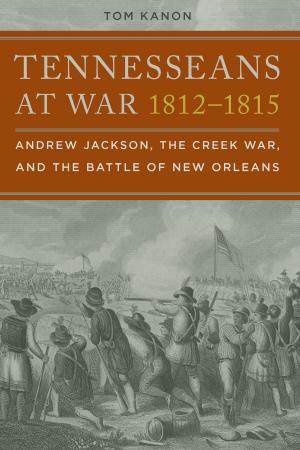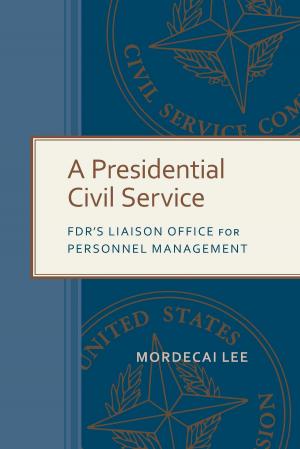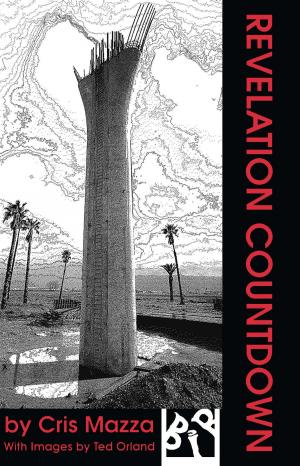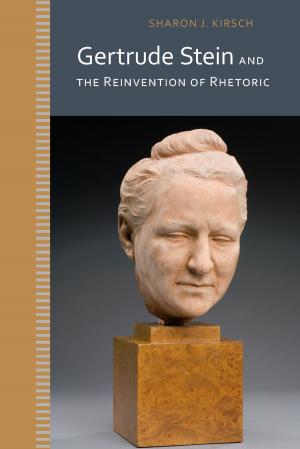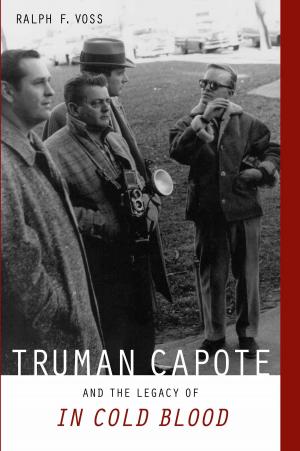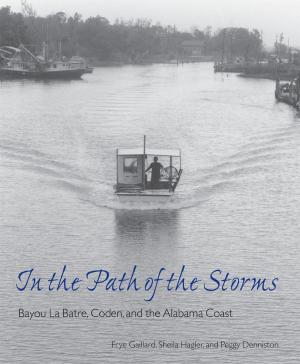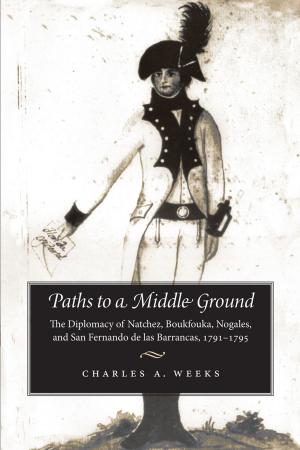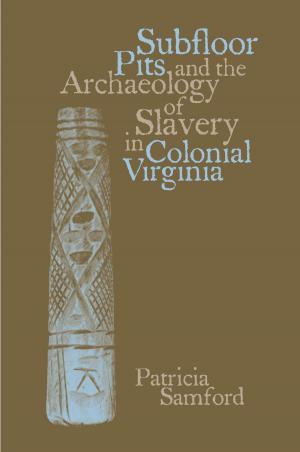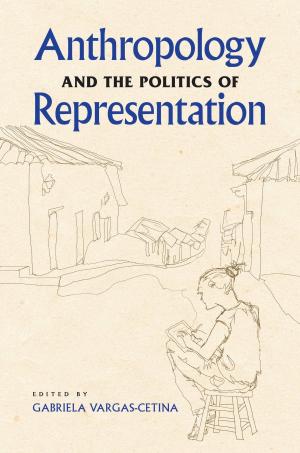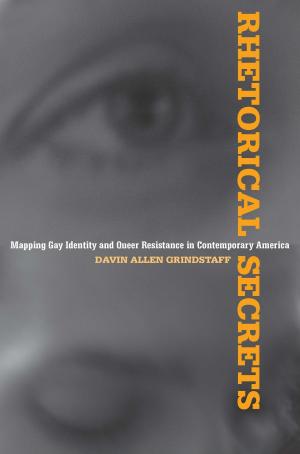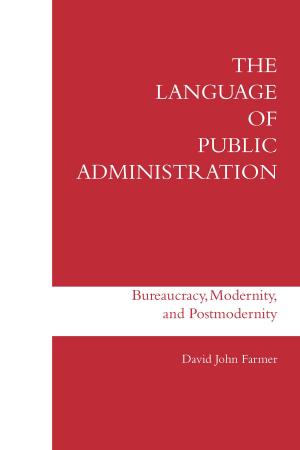Trumping Religion
The New Christian Right, the Free Speech Clause, and the Courts
Nonfiction, Reference & Language, Law, Constitutional, Social & Cultural Studies, Political Science, Government| Author: | Steven P. Brown | ISBN: | 9780817381738 |
| Publisher: | University of Alabama Press | Publication: | September 26, 2008 |
| Imprint: | University Alabama Press | Language: | English |
| Author: | Steven P. Brown |
| ISBN: | 9780817381738 |
| Publisher: | University of Alabama Press |
| Publication: | September 26, 2008 |
| Imprint: | University Alabama Press |
| Language: | English |
The first scholarly treatment of the strategies employed by the New Christian Right in litigating cases regarding religion.
Trumping Religion provides a detailed analysis of the five major public-interest law firms that have litigated religion cases in the federal courts between 1980 and 2000. Allied with several highly vocal, evangelical ministries, such as those of Jerry Falwell and Pat Robinson, these legal organizations argue that religious expression is a form of protected speech and thereby gain a greater latitude of interpretation in the courts. The long-term agenda of the New Christian Right as illuminated by this study is to shape church-state jurisprudence in a way that permits free course for the Christian gospel.
Steven P. Brown presents his research and conclusions from a balanced viewpoint. In filling a distinct void in the literature, this book will be of considerable interest to political scientists, legal scholars, law schools and seminaries, and anyone concerned with the intersection of religion and judicial politics.
The first scholarly treatment of the strategies employed by the New Christian Right in litigating cases regarding religion.
Trumping Religion provides a detailed analysis of the five major public-interest law firms that have litigated religion cases in the federal courts between 1980 and 2000. Allied with several highly vocal, evangelical ministries, such as those of Jerry Falwell and Pat Robinson, these legal organizations argue that religious expression is a form of protected speech and thereby gain a greater latitude of interpretation in the courts. The long-term agenda of the New Christian Right as illuminated by this study is to shape church-state jurisprudence in a way that permits free course for the Christian gospel.
Steven P. Brown presents his research and conclusions from a balanced viewpoint. In filling a distinct void in the literature, this book will be of considerable interest to political scientists, legal scholars, law schools and seminaries, and anyone concerned with the intersection of religion and judicial politics.
